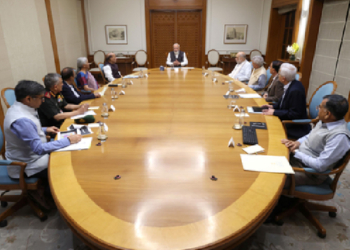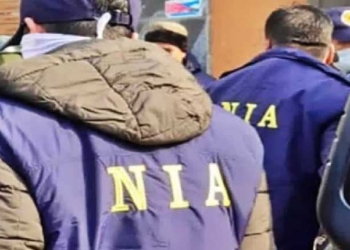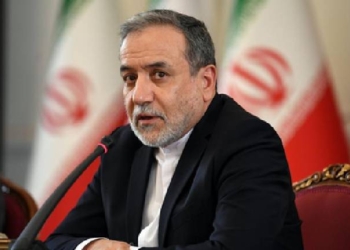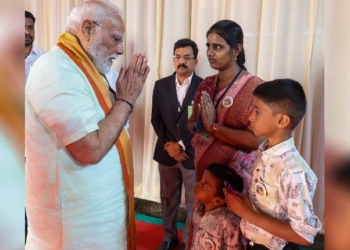New Delhi: The Supreme Court on Thursday said that without evidence of bribery, it might be difficult to act against former Delhi Deputy CM Manish Sisodia in the money laundering charge filed against him by the ED.
The bench also pointed out that the generation of money is not an offence under the Prevention of Money Laundering Act’s (PMLA) Section 3.
On Additional Solicitor General S.V. Raju’s submission on behalf of the Enforcement Directorate (ED), the bench of Justice Sanjiv Khanna and S.N.V. Bhatti asked: “How will you establish money laundering by Sisodia factually and legally?”
“We understand that there is a policy change. Everyone will support policies good for their business. Pressure groups are always there. Policy changes, even if wrong, without money consideration, will not matter. It’s the money part which makes it an offence,” Justice Khanna remarked while hearing the ASG’s submission.
He further added that if we go to the extent to say that there cannot be any pressure groups, no government can continue like that. “…Lobbying will always be there.”
To this, ASG Raju replied that the question is whether Sisodia was not directly or indirectly involved in illegal activity or process. The policy he made triggered bribes which acted as proceeds of crimes.
He contended that “activity” here is when you make a policy that leads to the generation of money.
As Justice Khanna pointed out that the generation of money is not an offence under the PMLA’s Section 3, the ASG replied that unless the money exists, you cannot put it to use.
Justice Khanna acknowledged that the generation of money not being an offence under the PMLA may be a lacuna. But then other problems may arise, he said.
The bench further asked Raju how will the ED bring Sisodia under the PMLA case.
“Money laundering is a separate offence. How will you establish Sisodia’s involvement…..You have to show that he is in possession of the property.”
“He may be aware it was used. But he never came into physical possession. The acquisition is by somebody else. The use is by somebody else. The projection that it was tainted money is by somebody else,” it said.
Noting that generation is not part of PMLA, Justice Khanna said that PMLA will be triggered after the proceeds of the crime are given or paid.
“You have to connect the person concerned with the proceeds of crime directly or indirectly. Abetment, it may be. But as a principal offender, it will be a different situation. Is abetment or conspiracy part of PMLA or is it a separate offence?” the bench asked.
The ASG replied that abetment is assisting and is treated as the same offence.
Justice Khanna also remarked that conspiracy is not specifically made applicable or incorporated under PMLA. The ASG submitted that the main crux of the argument is that the now-scrapped Delhi liquor policy was formed to benefit wholesalers who paid bribes. It has been alleged that the policy was modified to make particular persons wholesalers, arguing that the old policy did not allow this.
He further told the bench that the Sisodia used the Signal app for communication and therefore, their messages could not be traced. To this, the bench asked if there was any evidence of Sisodia discussing bribery with Vijay Nair and if so, whether such discussions would be admissible in court.
“Isn’t the statement (by an approver) hearsay? It is an inference but has to be based on evidence. In cross-examination, this will fall flat in two minutes,” the court remarked.
Before rising for the day Justice Khanna told Sisodia’s advocate Abhishek Manu Singhvi: “…normally we don’t go so deep in bail matters but they have pointed out several issues which according to them disclose a criminal offence.
“The second part is with regard to PMLA. The only question in that is whether Section 3 can be invoked or not.”
According to Section 3 of PMLA, whosoever directly or indirectly attempts to indulge or knowingly assists or knowingly is a party or is actually involved in any process or activity connected with the proceeds of crime and projecting it as untainted property shall be guilty of the offence of money-laundering.
The court will resume hearing on next Thursday.















